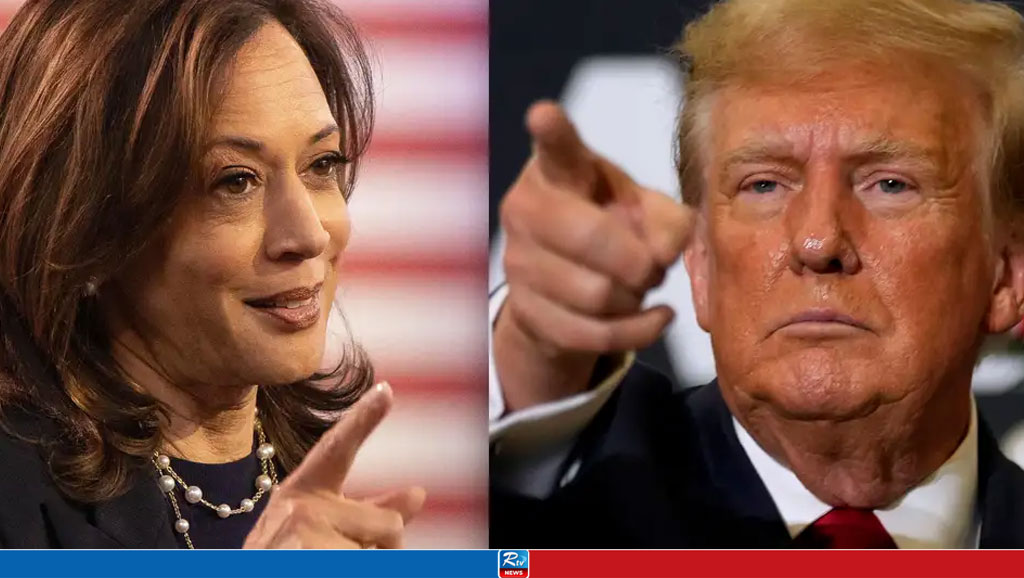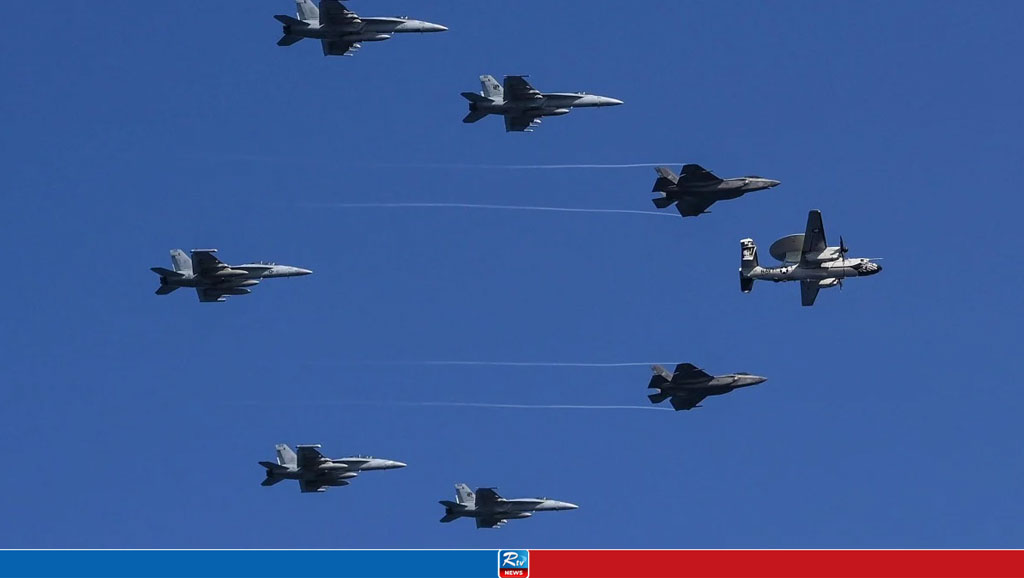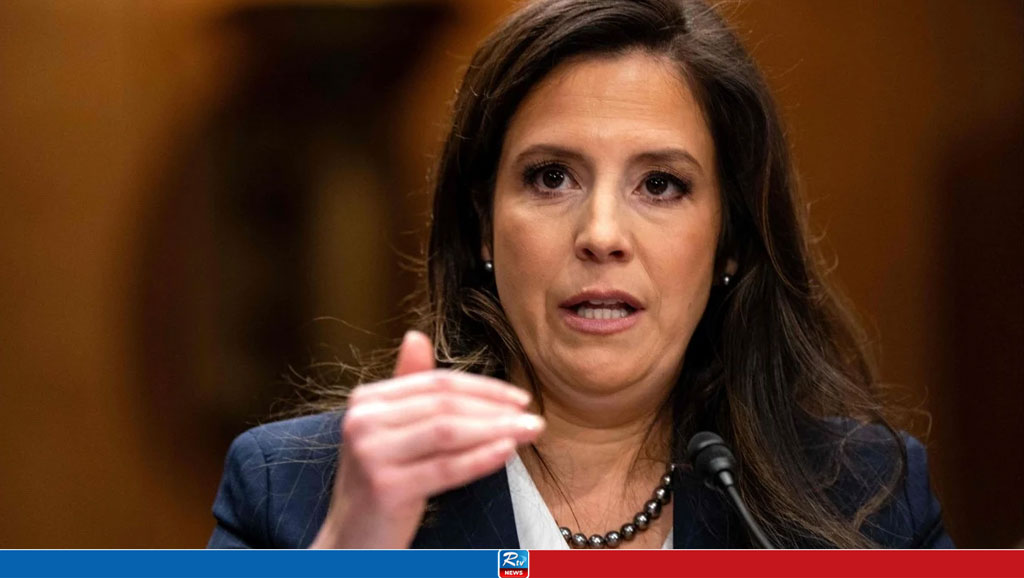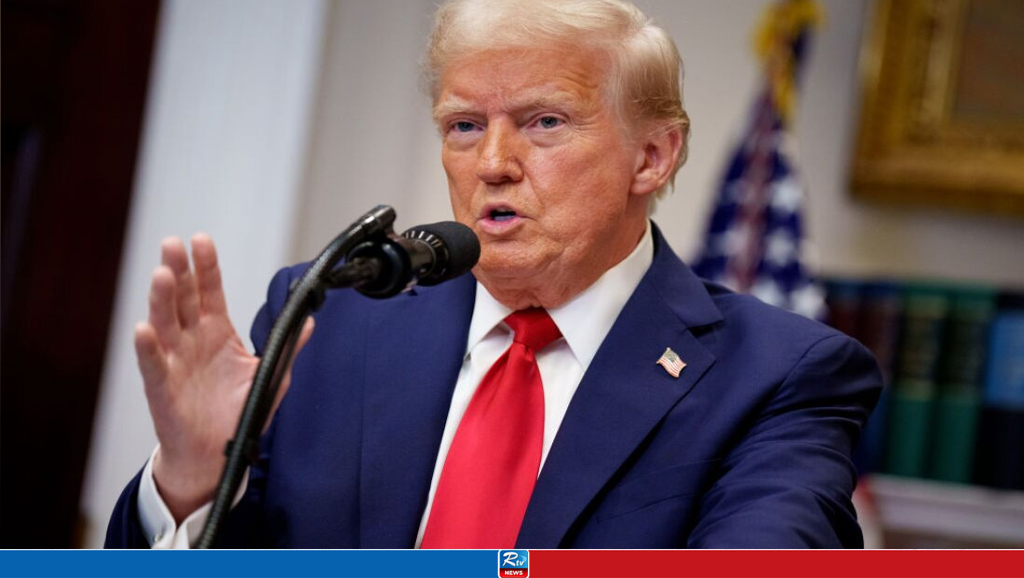The World Holds Its Breath as America Votes
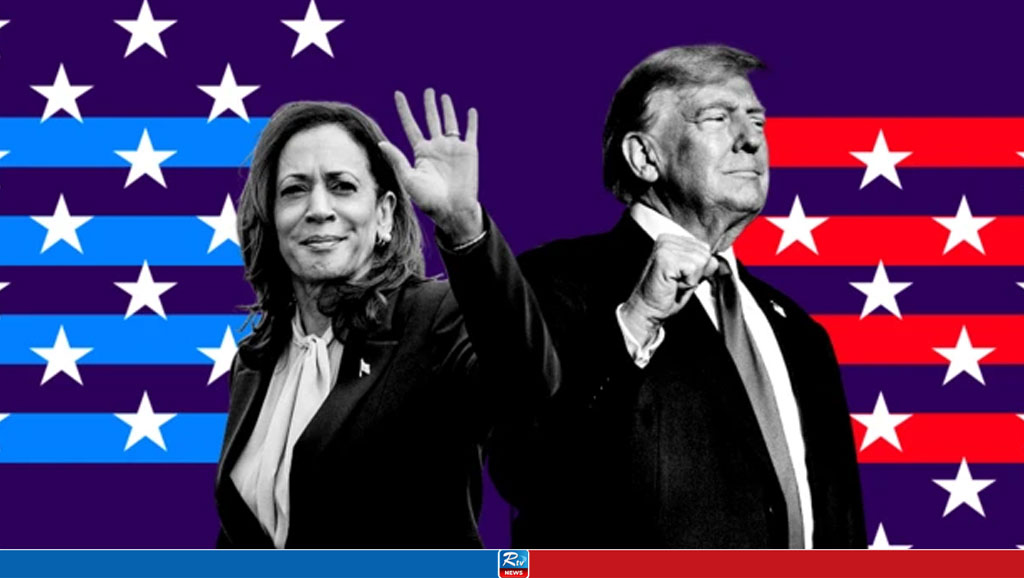
Today, November 5, the United States election will determine who will influence global political polarization for the next four years. This election will significantly impact not only politics but also the security and economic fate of much of the world. It’s no wonder the world’s attention is focused on the United States.
This election is shaping up to be one of the most fiercely competitive battles in recent memory, between Republican candidate Donald Trump and Democrat candidate Kamala Harris. For the first time in U.S. history, there is a strong possibility that an Indian-American woman could become president. If elected, she would mark a historic first as the country’s first female president. On the other hand, former President Donald Trump is no less formidable, matching Harris’s popularity in many states. The world eagerly awaits the outcome of this tight electoral contest.
Beyond the rest of the world, the war-torn citizens of Gaza and the occupied Israel are watching the U.S. election with intense interest.
Standing beside his olive press machine in the West Bank's Tarmas Aya region, Palestinian-American entrepreneur Jamal Zaglul has his mind fixed thousands of miles away on the U.S. presidential election. This area has a significant Palestinian-American population.
He shared that they face many challenges here, and no one in the U.S. seems to care about them. They want change; they want a new, independent party. No one is helping them.
Since the beginning of the Gaza conflict, however, the Biden administration has consistently supported Israel, providing financial aid and arms. Most Israelis are leaning toward Donald Trump, as they no longer want bloodshed and wish for an end to the war. They believe Trump could play a crucial role in negotiating a ceasefire and securing the release of prisoners.
Regardless of whether Trump or Harris wins, it remains uncertain how effective U.S. foreign policy will be in bringing peace to the Middle East. Despite mentioning ceasefires in their campaigns, both candidates have shown support for Israel. Neither has commented on Israel’s policies in Gaza—such as bombings, food supply restrictions, lack of medical care, disease spread, and forced displacement. Therefore, regardless of the election’s outcome, the possibility of ending the Gaza-Israel conflict remains bleak, leaving Gazans worried.
Meanwhile, another country closely watching the U.S. election to shape its own fate is Ukraine. Many Ukrainians are hoping for Harris to win, as she has promised to continue military support for Ukraine if elected. Ukrainian citizen Inana mentioned that they are certainly concerned about the U.S. election outcome because they want to defeat their adversary, Russia. The fate of her country rests in the hands of voters thousands of miles away in the U.S., and she is hopeful that Harris will win and support Ukraine against Russia.
On the other hand, Trump has expressed his intention to work towards ending the Ukraine war and hinted that Ukraine might have to cede some territory to Russia.
Apart from Gaza and Ukraine, Russia also has its eyes on the U.S. election. Given its strained relations with the United States, Moscow's interest is likely more intense than most. When Donald Trump won the November 2016 election, Russian ultranationalist politician Vladimir Zhirinovsky’s joy was evident. However, this time, no Russian politician or official has publicly commented on the likelihood of Trump securing a second term.
The U.S. election has also attracted attention in China. Ordinary citizens in China are following the U.S. presidential race with interest, though some worry. A Chinese citizen named Jiang, in his sixties, shared that no one in China wants war. The growing tension in U.S.-China relations has left him concerned.
Comments
Azerbaijan Airlines Plane Crashes Near Kazakhstan's Aktau Airport
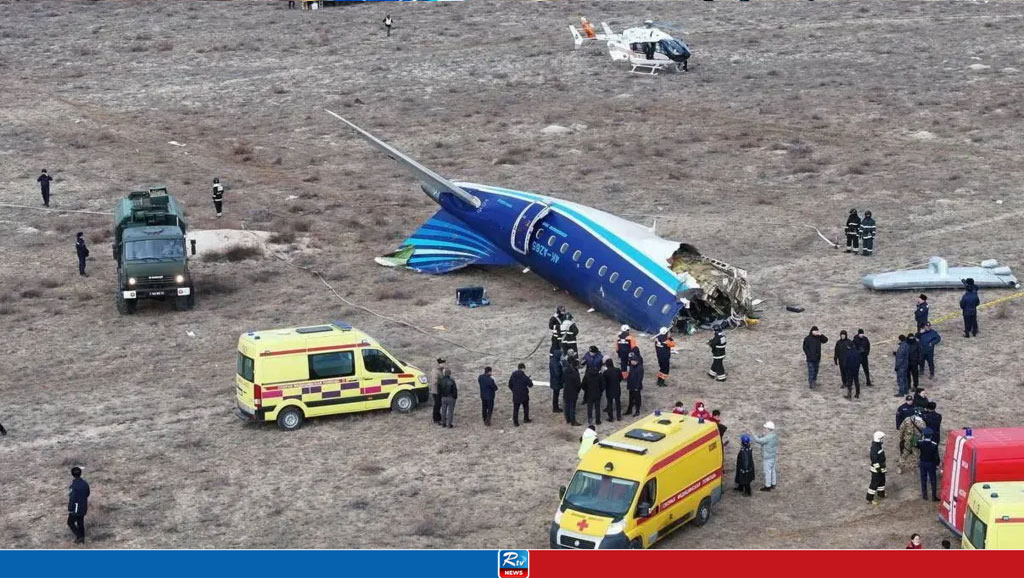
At Least 40 Killed in Kazakhstan Plane Crash, Report Says

China Launches New Generation Assault Ship 'Sichuan'

Plane Crash in South Korea: 179 Out of 181 Onboard Killed
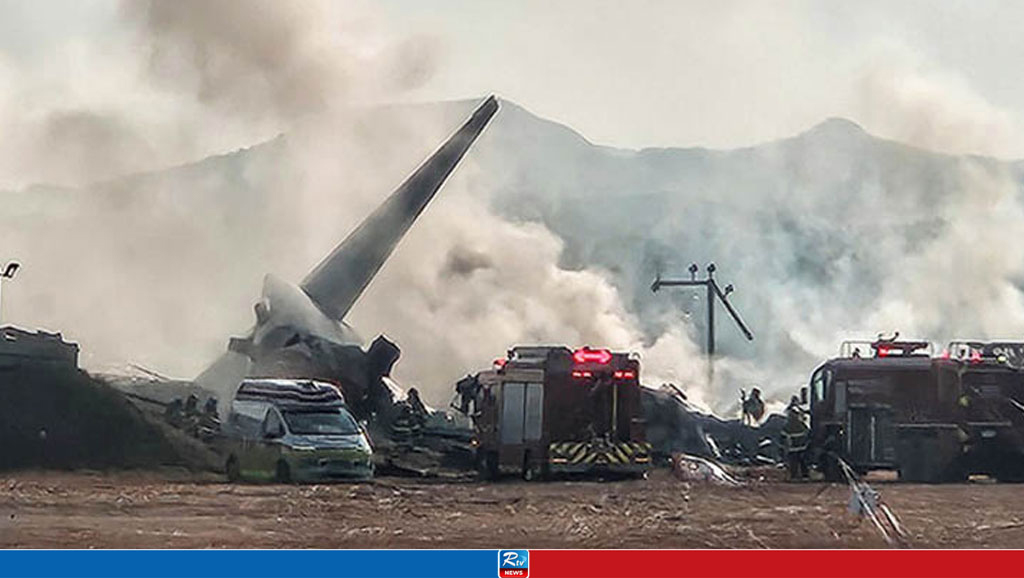
19 Pakistani Soldiers Killed in Border Clash with Afghan Forces
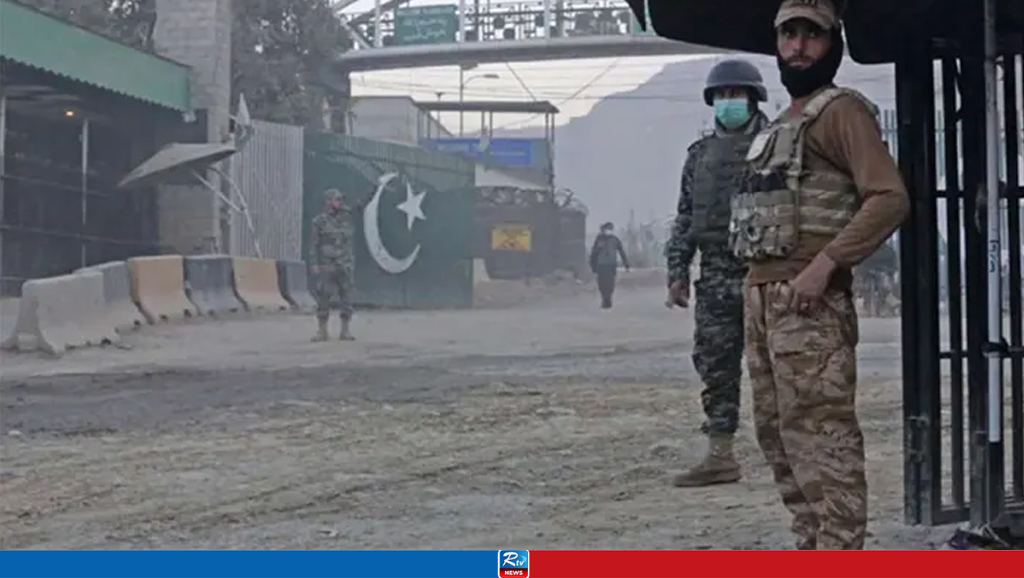
Devastating Road Accident in Ethiopia: At Least 66 Dead

China's Trade Tensions With US Remain High Ahead of Trump Inauguration


 Live Tv
Live Tv

